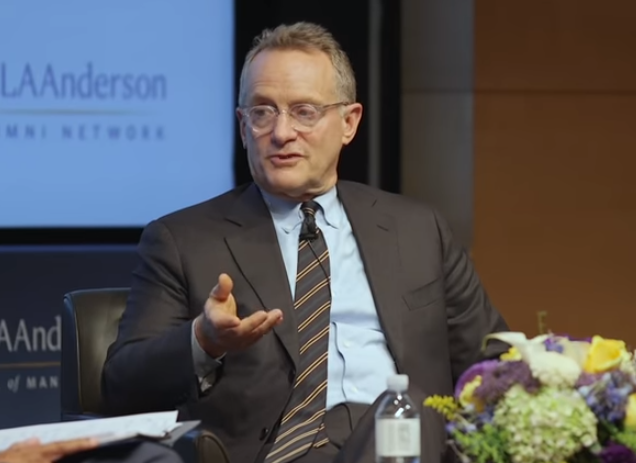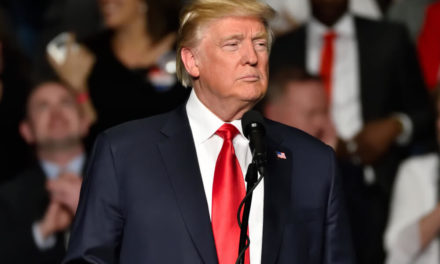Oaktree Capital Founder Howard Marks took aim at the Federal Reserve, saying it was wrong to lower interest rates while the economy is strong, further inflating stock prices and making the already rich richer while hurting lower-income people trying to save money.
The U.S. economy is in its tenth year of expansion, the longest ever, with record-low unemployment not seen in 50 years and healthy businesses — and the economy doesn’t need the Fed’s help now, Marks said on Bloomberg TV on Thursday.
The central bank moved to cut interest rates by a quarter-point last week, the first rate cut since 2008 amid the throes of the Great Recession. Markets have been signaling more rate cuts in the coming months, making it harder for people with fewer savings — and lenders — to earn decent returns, while inflating a stock market bubble that will burst, Marks said.
“The process of lowering the rates causes assets to inflate,” Marks said. “There will be more wealth piled up by the people who have assets and it’ll be harder for people who just have a little bit of savings to make a return.”
The Fed’s rate cut came as the economy slowed during a time of very low inflation along with weakening global growth and of course trade tensions between the U.S. and China, the world’s two largest economies. The cut also came amid the backdrop of President Donald Trump’s repeated calls for more rate cuts and recession-era stimulus to boost the economy ahead of the 2020 elections.
The rate cut wasn’t the beginning of a lengthy easing cycle, Fed Chair Jerome Powell said at the time, but rather as a “mid-cycle adjustment.” The central bank also ended shrinking its balance sheet on Aug. 1.
“We generally don’t stimulate the economy after 10 good years,” Marks said. “We usually accept that there will be an ebb and flow to the cycle and there might be a justified recession.”
Marks’ poke at the Fed comes as signs of an incoming recession continue to grow. The likelihood of a recession in the next 12 months rose to 35% in an August survey of economists, up from 31% previously. The yield curve also is predicting weakness in the bond markets.

Marks said the economy still remains too strong for distressed investing, and capital markets are supportive of companies that need rescue financing. Oaktree Capital raised its distressed fund in 2015, and it’s only about one-third invested as of now.
“The fact that we’re roughly 30% invested after this time shows you that the going is slow in distressed,” Marks said. “This is not the kind of climate in which good healthy companies with good businesses get into distress.”




